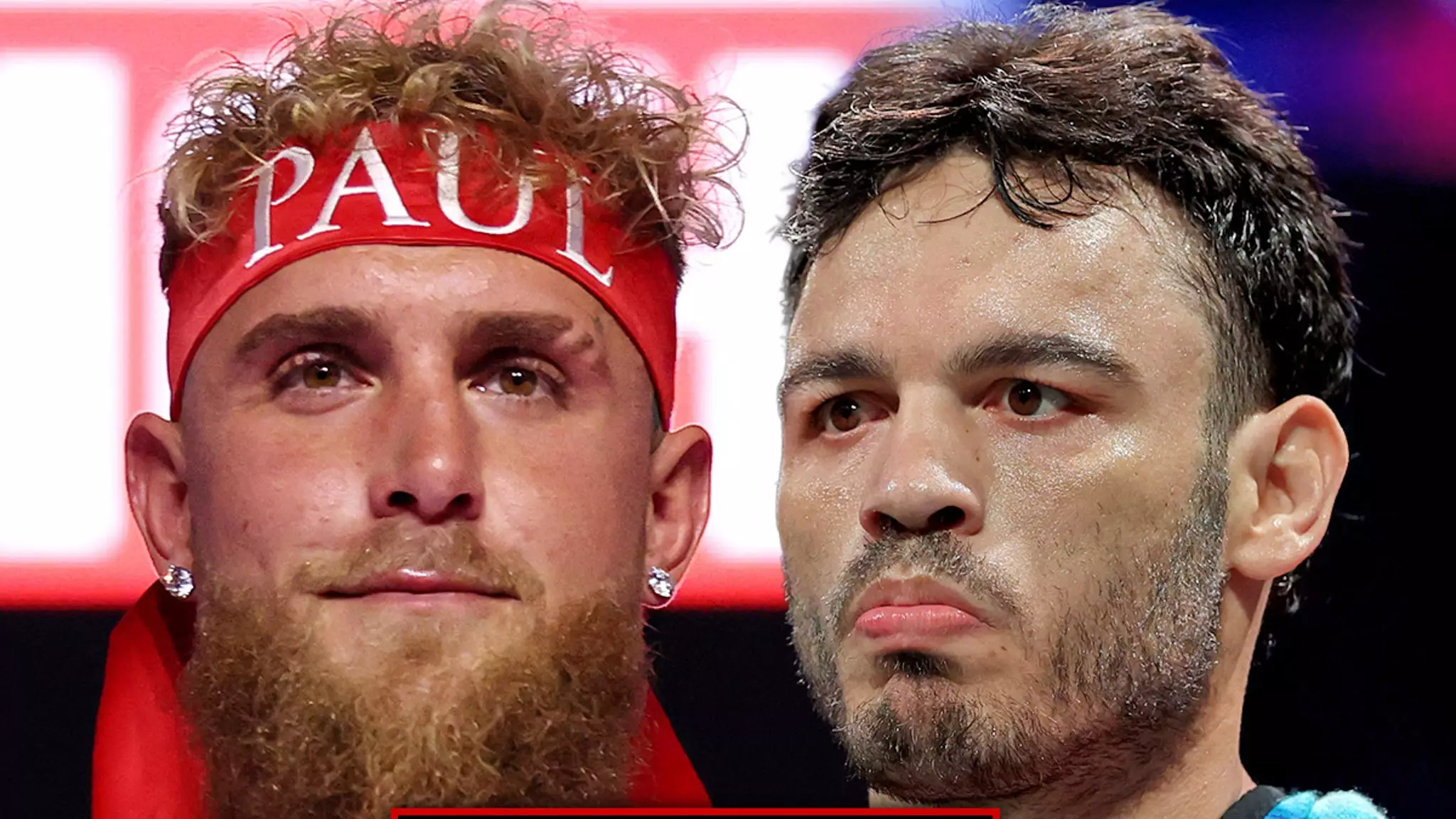In today’s climate of heightened scrutiny on immigration policies and the pervasive reach of celebrity culture, the recent events involving Julio Cesar Chavez Jr. and Jake Paul illuminate a fascinating, if controversial, collision of these worlds. Chavez’s detention by ICE, allegedly related to serious criminal allegations, was swiftly intertwined with entertainment and social media drama, revealing how modern influencers can shape public perception on complex legal issues. Jake Paul, notorious for blurring the lines between competitive sport and social media spectacle, seized this moment to craft a narrative that raises questions about the motives and implications of celebrity reactions to immigration enforcement.
What is particularly striking about Paul’s response is not just his apparent celebration of Chavez’s deportation, but his subsequent cryptic tweet suggesting Canelo Alvarez as the next target for ICE. The timing of such comments feels calculated—an opportunistic attempt to fuel controversy while tapping into nationalist or sensationalist sentiments. This underscores a broader trend where social media personalities leverage sensitive issues like immigration for engagement, often at the expense of nuance or justice. The fact that Chavez was detained due to alleged involvement with criminal entities only adds to the moral complexity; a public figure’s celebration of such a serious matter raises ethical questions about empathy and responsibility.
Celebrity Power and Its Influence on Public Discourse
The influence of high-profile figures in shaping opinions on legal and immigration matters cannot be overstated. When someone like Jake Paul publicly lambasts or ridicules a deportee, it risks dehumanizing individuals caught in the bureaucratic machinery of immigration enforcement. His tweet implying Canelo’s deportation is “next” turns what should be a serious legal issue into a kind of spectacle, trivializing the lives affected and reducing them to pawns in a game of social media posturing. This displays a troubling disregard for due process and the human stories behind the headlines.
Furthermore, Paul’s insinuation — possibly reflecting personal ambition or a desire for viral fame — raises critical questions about the role of influencers in political and social debates. The problem isn’t merely about one person’s comments; it’s about how celebrity-driven narratives can distort complex issues like immigration, justice, and public safety. When such figures opportunistically comment on immigration enforcement, they often do so without sufficient understanding or concern for the repercussions their statements may have on public opinion or policy.
The Moral Dilemma of Exploiting Tragedy and Controversy
Perhaps most troubling is the underlying question of morality: should celebrities exploit legal tragedies for attention? Chavez’s detention is a serious matter, rooted in allegations that involve criminal activity and questions of safety and justice. Celebrating his deportation as a victory, or even casually implying future targets, diminishes the gravity of these allegations and fuels a narrative of ‘us versus them’ that can deepen societal divides.
While some might brush off such remarks as mere entertainment or bravado, the reality is that these comments influence millions of followers, shaping attitudes towards immigrants and law enforcement. There is a fine line between free speech and reckless sensationalism, and figures like Paul exemplify the danger in crossing it. Society must navigate this landscape carefully—acknowledging the entertainment value while holding influential personalities accountable for the potential harm their words pose. Authentic engagement requires a level of responsibility that many social media stars are yet to embrace, proving once again that fame often complicates the pursuit of meaningful, respectful discourse.

